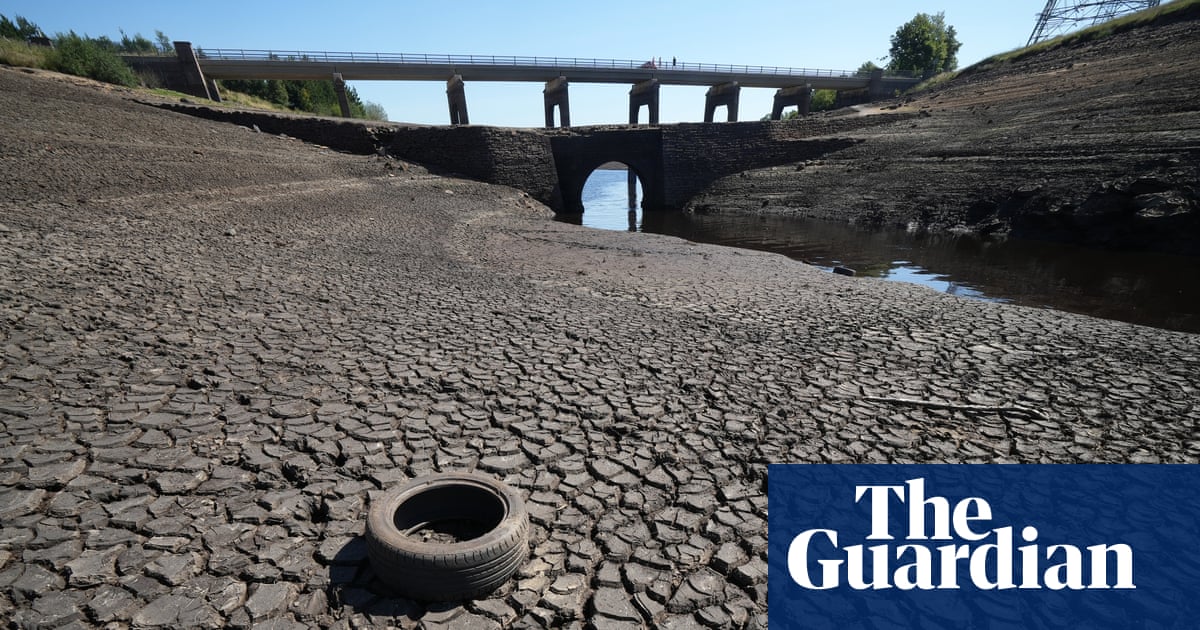
"The mean temperature for meteorological summer, which encompasses the months of June, July and August, was 16.1C, which is significantly above the current record of 15.76C set in 2018. All five of the warmest summers on record have now occurred since 2000 a clear signal of the global heating that scientists say is resulting from increasing concentrations of greenhouse gases in the atmosphere."
"Towards the end of June, scientists calculated that the heat endured by people in the south-east of England had been made 100 times more likely by the climate crisis. Meteorologists have said this year's consistent warmth was driven by dry ground from spring, high-pressure systems, and unusually warm seas around the UK, and minimum temperatures had been exceptionally above average."
The UK recorded its hottest meteorological summer on record with a mean temperature of 16.1C for June–August, surpassing the 2018 record of 15.76C. All five warmest summers have occurred since 2000. The season included four heatwaves with days above 30C, especially in June and July, and unusually low rainfall across much of the country. England faced nationally significant water shortfalls, hosepipe bans, and depleted reservoirs, rivers and groundwater. The season's maximum reached 35.8C in Faversham on 1 July, below the 40.3C 2022 peak. Scientists and meteorologists attribute the warmth to climate change, dry spring soils, high-pressure systems, warm surrounding seas and unusually high minimum temperatures.
Read at www.theguardian.com
Unable to calculate read time
Collection
[
|
...
]